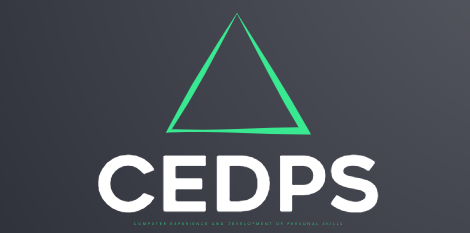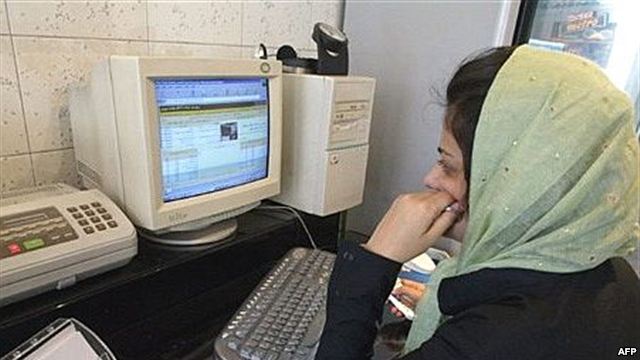The Internet is Shackled
Blocked and filtered, monitored and restricted – this is the reality of the internet today. Ever clicked on a particularly funny looking video to be greeted by the message – ’we’re sorry that video is not available in your area’. Perhaps you’ve tried to watch the latest episode of that TV programme while on holiday. Maybe you’ve simply tried to place a bet while travelling using your online betting account. There’s a very good chance that none of these will work simply because of your physical location.
When did the internet change like this? It was once open to all, it didn’t matter if you were in a cyber cafe in Karachi, an Airport in Harare or sitting in a Starbucks in London – we all saw the same online, we were all equal. But that’s not the case any more – commercial interests, government filters and restrictive licensing meant that whatever you see online is highly dependent on where you live. Much of it is promoted as improving the user experience, while that’s partly true the majority is simply to boost profits or to control what we see online.
Mostly it’s geo-targeting that’s to blame, a website will check which country your IP address is from before deciding on what you can see. If you don’t believe me check out any media site in a country apart from yours – Non US residents try and watch something on ABC or Hulu, or if you’re in the US go and try to watch something on the BBC iPlayer website. Put simply it won’t work simply because the internet is now layered in Tiers and not all open to all. Media sites like these are a great example, virtually every single one works perfectly when you’re in a specific location (usually the domestic market). However as soon as you travel, then they’ll stop working. These huge international barriers being placed on something where location really shouldn’t matter.
We’ve mentioned some benefits and they’re definitely are a few. Search engines for example will tailor your results to match your location. So if you search for electricians you’ll get results located in the same area as you. Search for film times and you’ll see them matched to cinemas in your local area too. All this is useful in most cases but the blocks and filters are much more pervasive than these.
It doesn’t seem right that your physical location should be so important on a global communications network like the internet. Some people are seriously disadvantaged by their location with access to many important internet sites like PayPal and eBay restricted based on their location.
As always though there are work arounds, mainly in the various technologies that can be used to bypass these blocks. The vast majority of these sites determine your location using the IP address of your computer. Now although you can’t change this, you can hide it to a certain extent. By connecting through an intermediary server you can hide your real location and use that of the server. These are called proxy servers which you can gain access to through many different locations. You can use a BBC Iplayer proxy or a VPN to access Hulu and Pandora and it doesn’t really matter where you are – read this. In fact for internet surfers in most developed countries, a subscription to one of these services is becoming a necessity.
Many services offer access to servers across the world meaning whenever you get blocked you can simply select the appropriate server and you’re back in business. But of course this has meant that slowly the internet is becoming accessible to some and inaccessible to others. If you can afford one of these subscriptions you’ll be fine but others will have to live with the handicaps. It’s not really how the internet used to be and I suspect it’s not how most of us wanted it to be!


Recent Comments